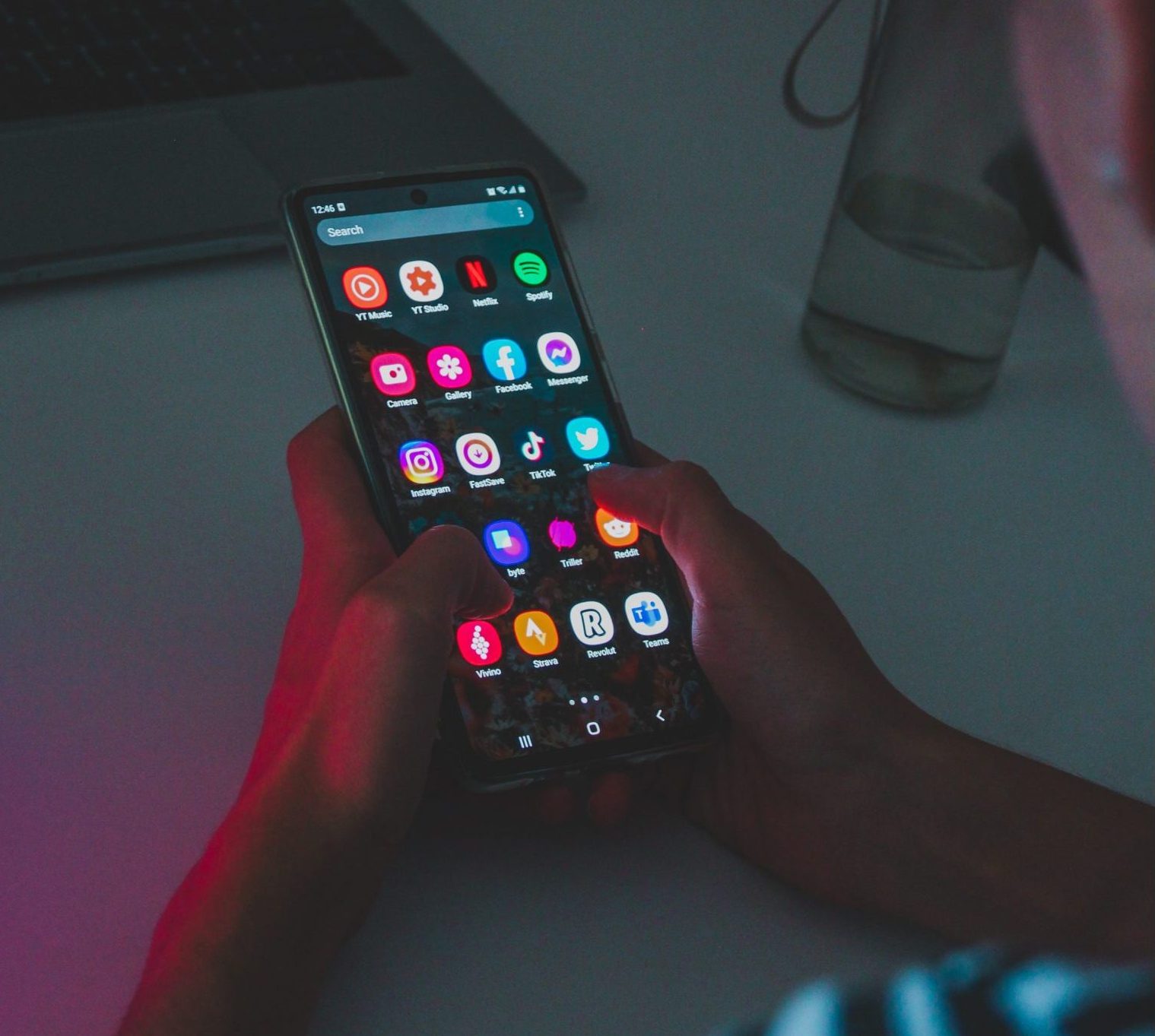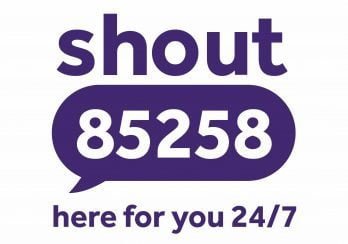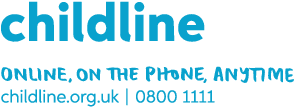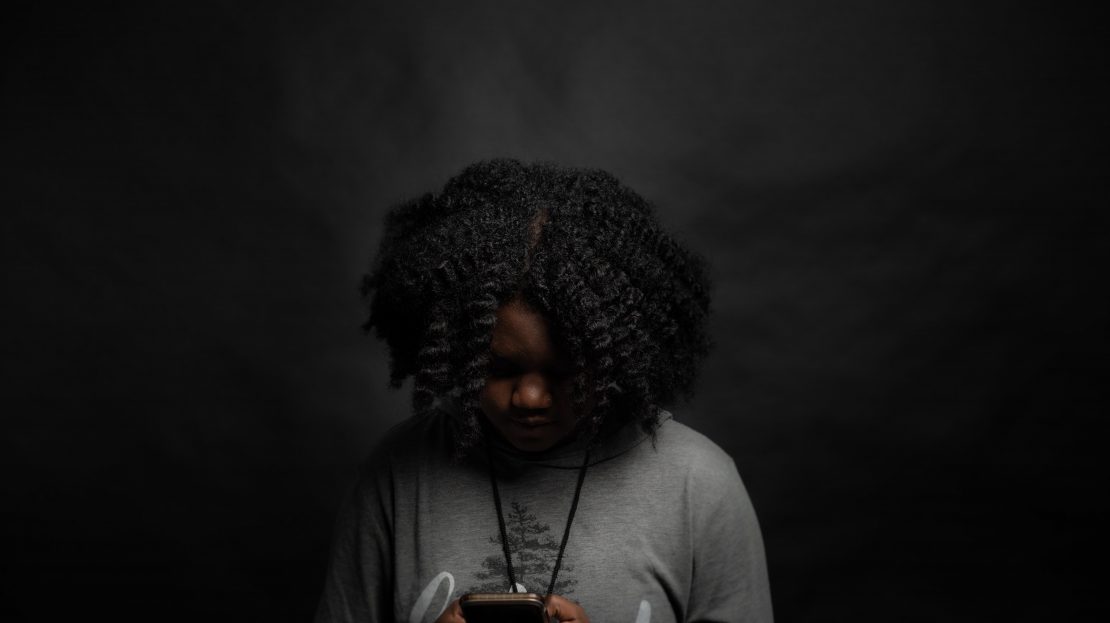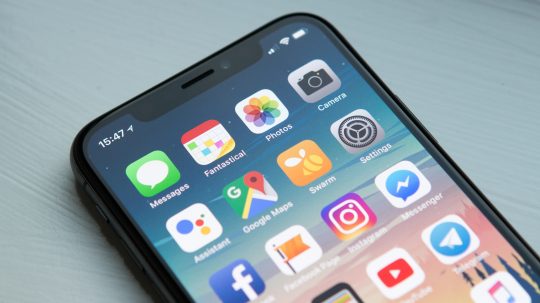Warning: The following article contains references to self-harm, a young person taking their own life and child abuse online.
In 2017, 14-year-old Molly Russell, from Harrow, took her own life after experiencing depression. Last week, an inquest found that social media contributed to her death, as she was exposed to content “no child should see”. Following the inquest, Molly’s father, Ian Russell, the coroner and the National Society for the Prevention of Cruelty to Children (NSPCC) have called for the Online Safety Bill to go ahead in the hopes of protecting children in the future.
During the inquest, coroner Andrew Walker stated: “Molly subscribed to a number of online sites. At the time that these sites were viewed by Molly some of these sites were not safe as they allowed access to adult content that shouldn’t have been available for a 14-year-old child to see.”
Molly died from an act of self-harm while suffering from depression and the negative effects of online content. Walker explained how the social media platforms Molly was using contributed to her death:
“The way that the platforms operated meant that Molly had access to images, video clips and text concerning or concerned with self-harm, suicide or that were otherwise negative or depressing in nature. The platform operated in such a way using algorithms as to result, in some circumstances, of binge periods of images, video-clips and text, some of which were selected and provided without Molly requesting them.”
As part of the inquest, senior executives from Meta, which owns Pinterest and Instagram, the platforms Molly was using at the time, provided evidence to the court. It’s reported that this is the first time Meta have given evidence under oath for an inquest related to its platforms.
The court was shown a sample of what’s thought to be thousands of videos found on Molly’s Instagram account. The content was described as “almost impossible to watch” and forced several member of staff to leave the room while they were being played.
Tech companies must be held accountable
In the inquest Walker said that social media contributed to Molly’s death. He explained: “It is likely that the above material viewed by Molly, already suffering with a depressive illness and vulnerable due to her age, affected her mental health in a negative way and contributed to her death in a more than minimal way.”
Between 2020 and 2021 Childline delivered more than 73,000 counselling sessions about mental health, and in the same period held 24,200 counselling sessions about suicidal thoughts or feelings.
Sir Peter Wanless, the NSPCC’s CEO, said, “Tech companies must expect to be held to account when they put the safety of children second to commercial decisions. The magnitude of this moment for children everywhere cannot be understated.”
The Online Safety Bill
According to the government’s website, the draft Bill “establishes a new regulatory framework to tackle harmful content online”, delivering on the administration’s manifesto commitment to “make the UK the safest place in the world to be online, while defending free expression”.
While many advocacy groups have criticised the Bill for curtailing people’s rights to privacy under article 8 of the Human Rights Act, others are concerned that without it, the health and safety of children and vulnerable people will be affected.
Ian Russell said: “It’s time the toxic corporate culture at the heart of the world’s biggest social media platform changed. It’s time for the government’s Online Safety Bill to urgently deliver its long-promised legislation. It’s time to protect our innocent young people, instead of allowing platforms to prioritise their profits by monetising their misery.”
The Bill would enable the government to take action against, for example, a social networking site that claimed to be child friendly but failed to remove harmful imagery from the online environment.
Wanless said: “Molly’s family will forever pay the price of Meta and Pinterest’s abject failure to protect her from content no child should see, but the Online Safety Bill is a once in a generation opportunity to reverse this imbalance between families and Big Tech.”
He continued: “This must be a turning point and further delay or watering down of the legislation that addresses preventable abuse of our children would be inconceivable to parents across the UK.”
Coroner Andrew Walker is due to write to Pinterest and Instagram’s parent company Meta, as well as the government and Ofcom, with his concerns.

